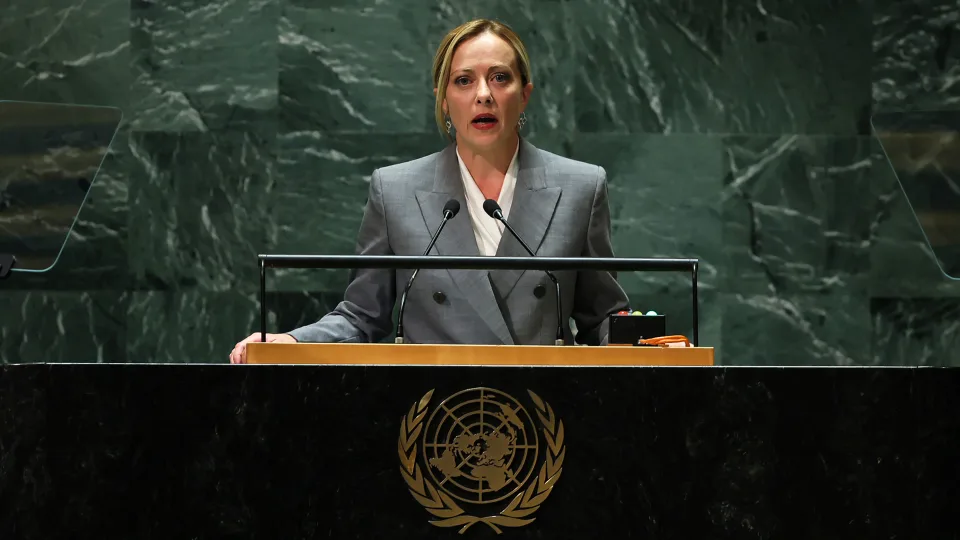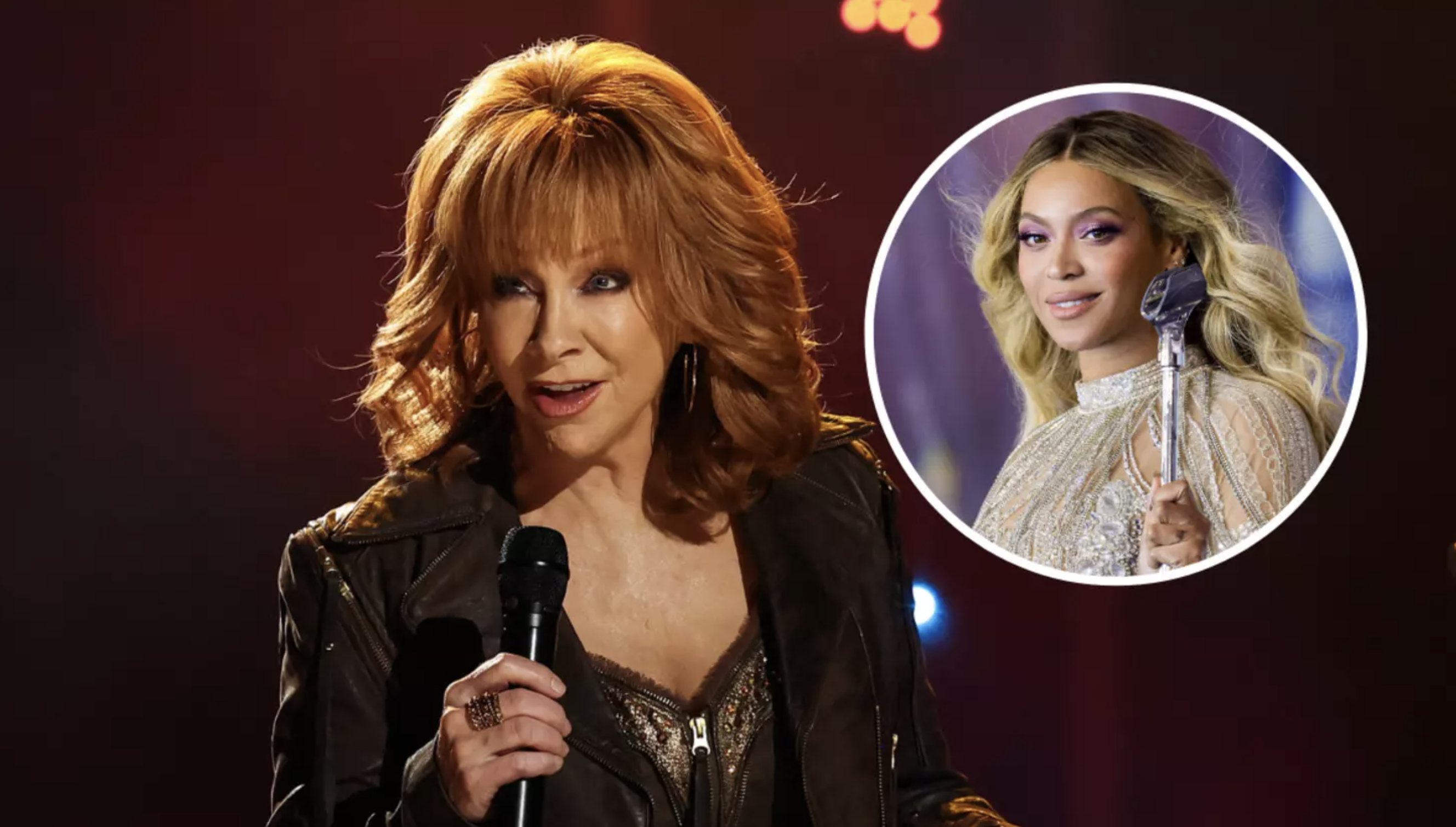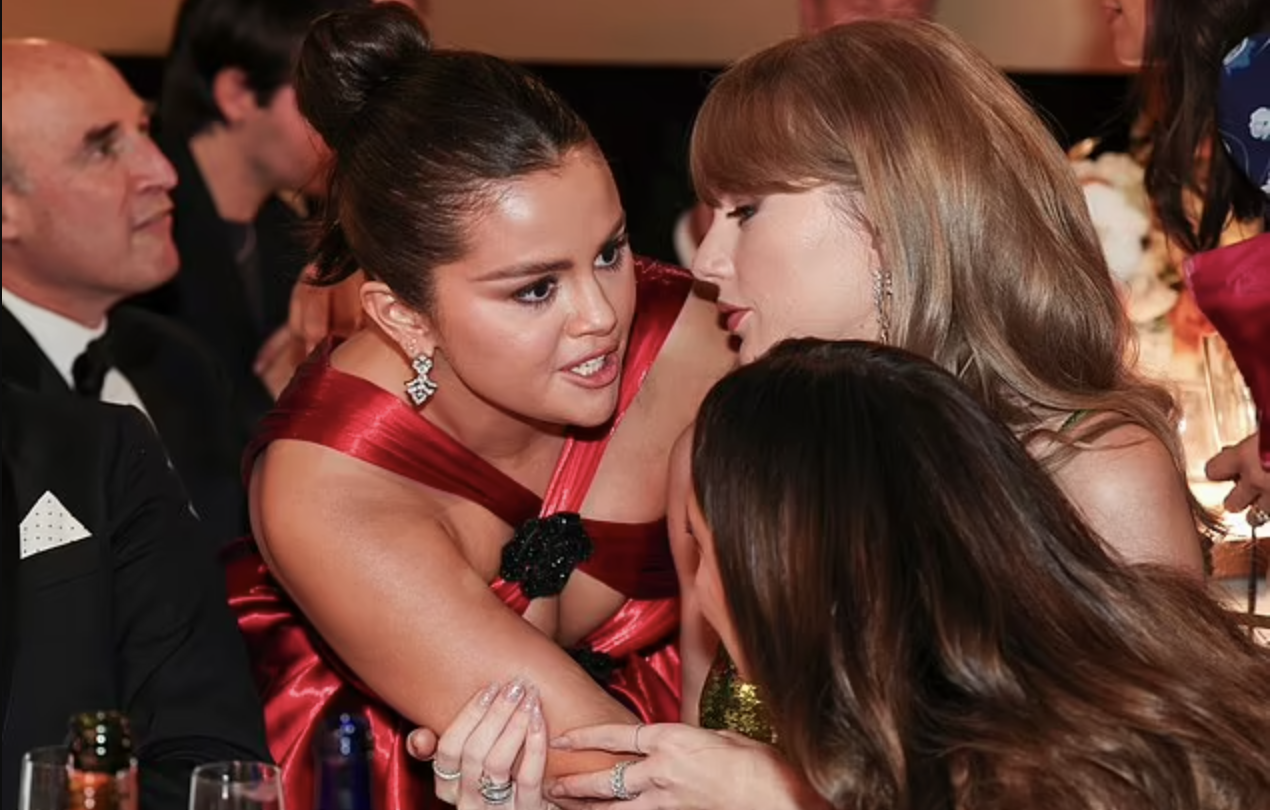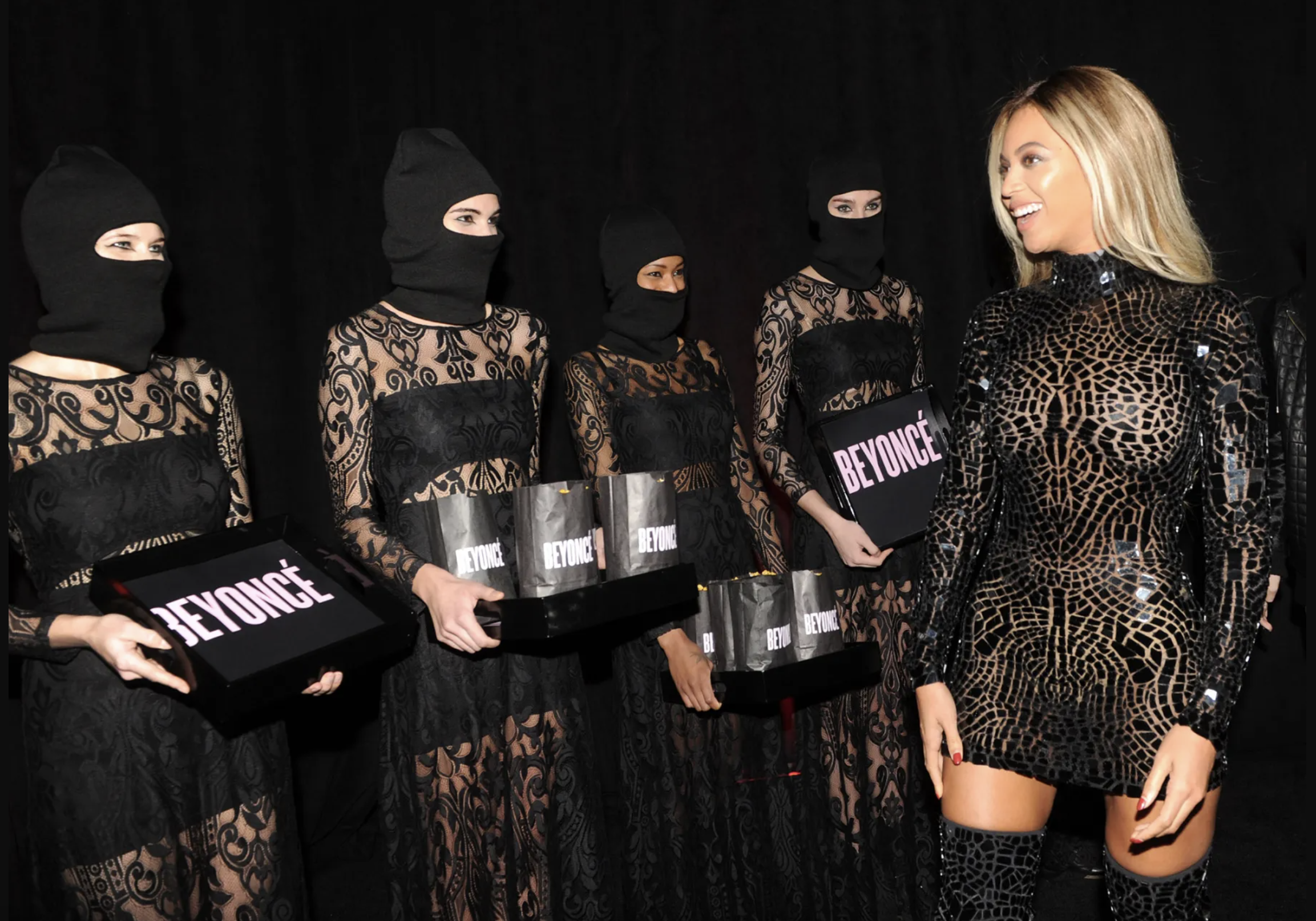Conservative Female Leaders Make Resounding Debut at UN General Assembly.
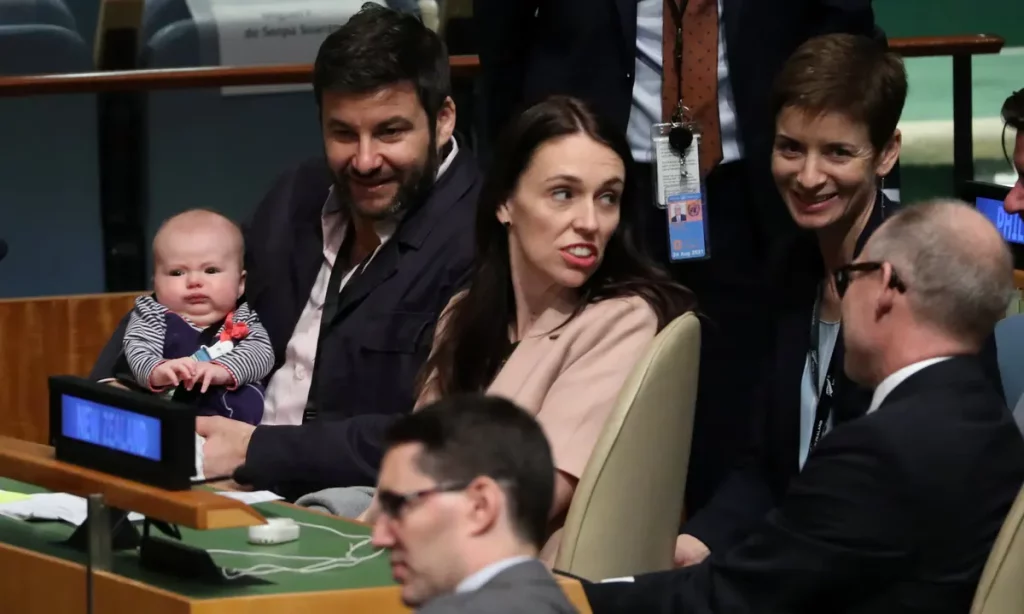
Jacinda Ardern’s 2018 appearance at the United Nations General Assembly, accompanied by her baby Neve, marked her as an iconic figure in contemporary female leadership. Her actions went beyond symbolism, as her progressive government later supported the establishment of new lactation rooms at the UN headquarters in New York, aiding working mothers.
However, female representation at this annual diplomatic gathering has remained disproportionately low, a trend that persists in this year’s UN General Assembly. Out of approximately 145 leaders slated to address the assembly, only ten women heads of state and government are expected to participate, alongside a few women foreign ministers.
“This perpetuates a recurring pattern,” remarked Susana Malcorra, former foreign minister of Argentina and president of Global Women Leaders Voices. “The number ten seems to be a symbolic threshold, with occasional increases in recent years followed by declines.”
In recent years, a noteworthy trend has emerged: an increase in female leaders from the right side of the political spectrum, which includes Hungarian President Katalin Novak and the newly appointed Italian Prime Minister Giorgia Meloni.
Giorgia Meloni, who heads the far-right political party Brothers of Italy, has implemented policies that impose restrictions on the parental rights of same-sex couples and voiced her opposition to abortion rights. However, on the global stage, her focus has often shifted to more broadly acceptable priorities, such as supporting Ukraine and addressing Europe’s migration crisis. She has even called upon the United Nations to launch a comprehensive campaign against human traffickers.
“Meloni has built a reputation for maintaining a responsible international image,” noted Richard Gowan, a UN expert at the International Crisis Group. “So, I don’t anticipate her causing significant disruption in the General Assembly, as her approach has been to project responsibility on the world stage while pursuing a somewhat more radical domestic agenda.”
Katalin Novák, the Hungarian president and a staunch supporter of Prime Minister Viktor Orbán’s nationalist agenda and traditional family values, is no stranger to the United Nations. In a previous appearance at the UN’s annual meeting on women’s rights, the Commission on the Status of Women, she emphasized the importance of preserving heterosexual families.
However, Novák has also demonstrated her independence by opposing certain measures within her own party, such as vetoing a bill that could have encouraged citizens to report same-sex couples to authorities—a rare instance of dissent against Orbán’s policies.
During her UN speech, Novák appeared to prioritize population growth even above addressing the climate crisis. She declared, “If there is no child, there will be no future,” and questioned the value of environmental stewardship if there are no future generations to inherit the Earth.
One of the newcomers drawing attention at the United Nations General Assembly (UNGA) is Dina Boluarte, Peru’s first-ever female president, who assumed office following Pedro Castillo’s impeachment in December 2022. Although she initially ran as a left-wing candidate, Boluarte has forged alliances with figures on the right in Peru, raising concerns among experts about her government’s crackdown on political protests.
However, it’s worth noting that not all women leaders attending the UNGA fall on the far end of the political spectrum.
During a session on Wednesday, UNGA heard from two female presidents from neighboring countries of Ukraine: Zuzana Čaputová of Slovakia and Maia Sandu of Moldova. Their speeches highlighted Russia’s war in Ukraine as a significant theme. Čaputová announced a few months ago that she won’t seek reelection in 2024 for personal reasons, making this her final General Assembly as president.
Slovenia’s President Nataša Pirc Musar also made her inaugural appearance at the UNGA this week, offering an opportunity to outline potential priorities for Slovenia’s term as a temporary member of the powerful Security Council. Slovenia was elected to the Security Council in June and is set to assume its seat at the horseshoe table in January.
Among the distinguished women leaders participating in this year’s UN General Assembly, one notable figure is Sheikh Hasina, the Prime Minister of Bangladesh, who holds the record as the longest-serving female head of government in history. Her leadership spans from 1996 to 2001 and resumed in 2009, making her a familiar face in international affairs and a symbol of stability.
Another conspicuous presence is Prime Minister Mia Mottley of Barbados, who has previously garnered attention for her passionate speeches, including quoting Bob Marley, while advocating for more substantial action on climate change and the Covid-19 pandemic. During her visit to New York City, she is actively engaged in reforming international financial structures, adding a dynamic element to the event.
Xiomara Castro, the leftist President of Honduras, is making her second appearance at the UNGA, where she updates the global community on her efforts to combat corruption in her country.
Beyond those taking the rostrum on behalf of their nations, numerous influential women leaders are navigating the UN’s corridors, significantly impacting negotiations on the sidelines of the UNGA. This includes Ursula von der Leyen, President of the European Commission; Kristalina Georgieva, Director of the International Monetary Fund; and Ngozi Okonjo-Iweala, the first woman to lead the World Trade Organization. Actress and philanthropist Natalie Portman is also in attendance, wielding her unique brand of influence.
